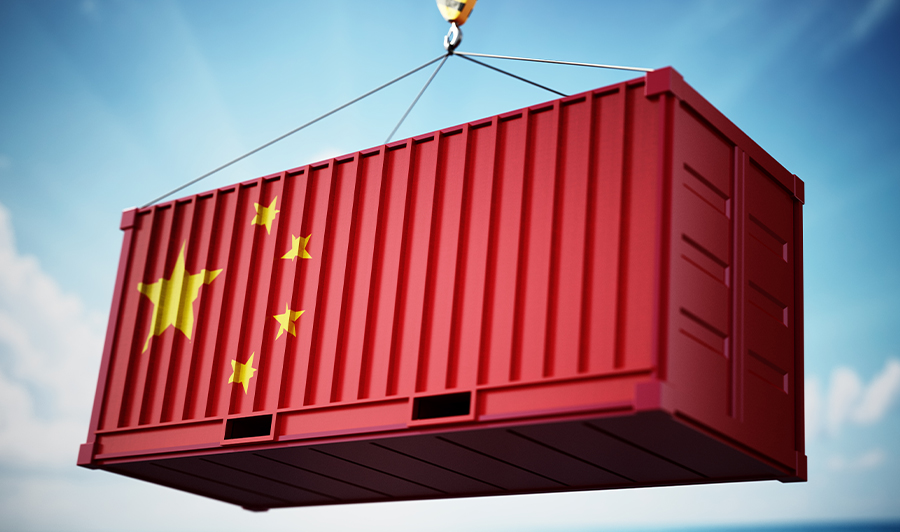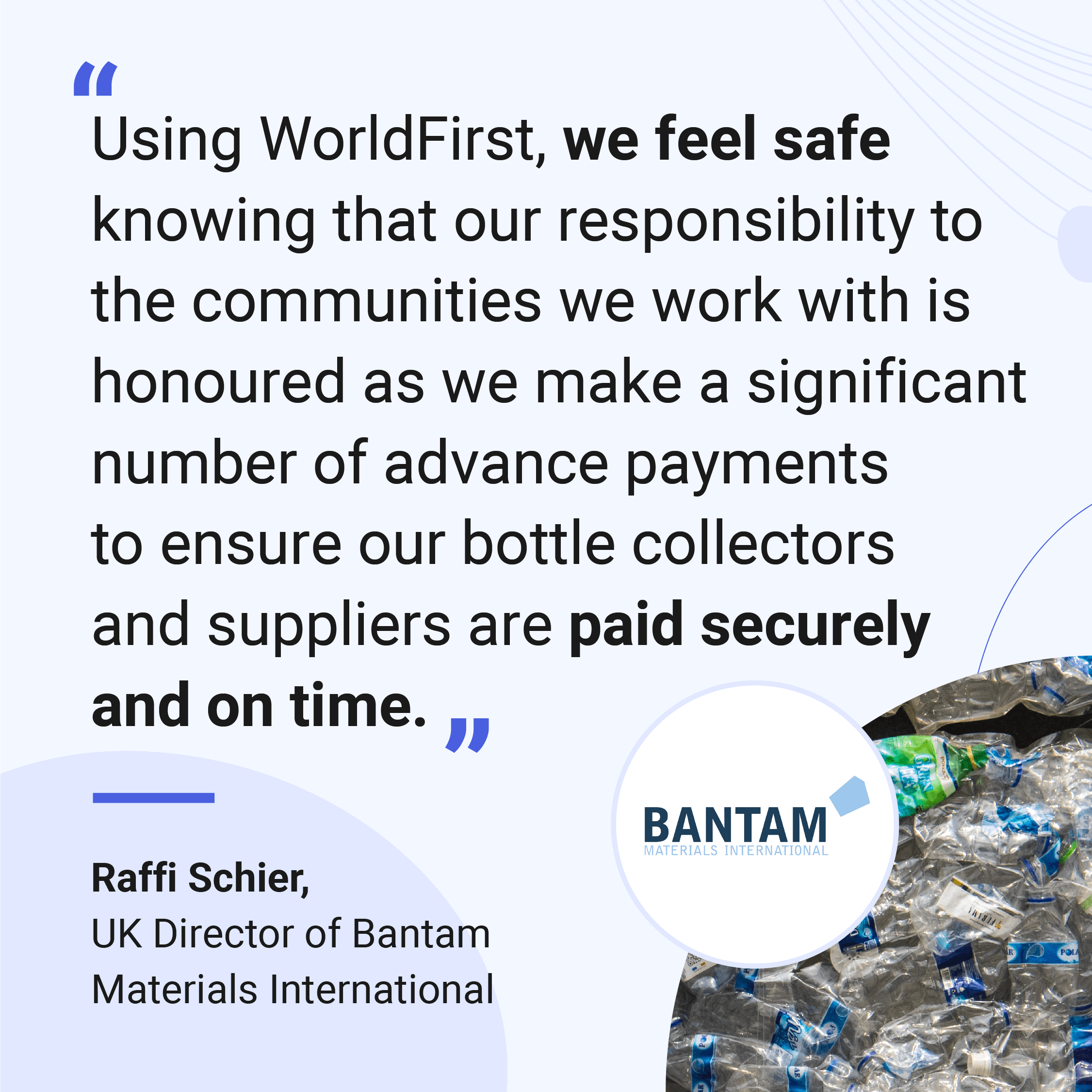
China is the largest internal market in the world. With a potential customer base reaching a grand total of 1.44 billion people, it’s no surprise that the country has long been a highly desirable investment destination for Foreign Direct Investment (FDI). The geographic location of China, and it’s strong ties to the ASEAN market, makes the country ideal for businesses with global ambitions. A strong economic recovery from the pandemic has increased the appeal of FDI into China even further.
Until recently, foreign investment in China has been regulated extensively, with limitations for companies based abroad. That’s all changed with exciting new developments that have ushered in a new age of FDI in the Chinese market. For businesses, the opportunity could not be more enticing, as they can diversify their investment portfolios in a thriving economy even as other countries struggle to emerge strong from the aftermath of Covid-19.
In this article, we’ll examine what the recent changes are to the Chinese regulatory framework in relation to foreign investment in China. We’ll explain what the amended regulations mean for companies, how companies can successfully navigate the market and outline which companies can and cannot invest in China.
Understanding investment in China: What is an FIE?
An FIE (Foreign Invested Enterprise) is any business that is partly or completely owned by investors foreign to China. It isn’t unusual for different governmental rules to apply to foreign companies compared to their domestic counterparts. The IRS (Internal Revenue Service) in the United States applies different tax rules depending on the way a business is registered.
However, the PRC (People’s Republic of China) has uniquely detailed rules and regulations about which businesses can and cannot be invested in by foreign companies. Since 1995, the Chinese government has published updates in a detailed Foreign Investment Catalogue, broken down into Encouraged, Restricted and Prohibited industries in China.
Whilst there are still a number of types of businesses and regulations prohibited or discouraged via the Negative List, a significant amount of restrictions have been lifted since January 2020, with more expected to come.
What is the Negative List?
The Negative List is an additional set of restricted business types that the Chinese government publishes to signal which areas of the Chinese economy cannot be invested in by FIEs.
Does location matter with the FIE regulations?
Yes. Certain regions and provinces of the country specialise in specific types of industry, or the Chinese government might determine certain sectors would benefit from foreign investment. It’s best to check the Negative List to determine whether the business you’d like to invest in qualifies for preferential status.
So what are the changes to the rules and how are they beneficial to foreign investment in China?
What is the Foreign Investment Law (FIL)?
The Foreign Investment Law (FIL) is legislation that greatly safeguards foreign direct investment in China. The law provides additional incentives to foreign businesses to invest in China, including numerous protections for FIEs’ IP (intellectual property) including the launch of a collaborative mechanism designed to settle disputes and offer greater safeguards for foreign companies. Desirable industries for FDI, such as the manufacturing of luxury goods, are listed in the PCR’s Encouraged Industry Catalogue.
There are three major components to the FIL, designed to accelerate investment opportunities in the country whilst protecting the domestic Chinese market.
Promotion of new investment
The new regulations allow FIEs to enjoy the same level of services as local enterprises, including access to:
- Government funds
- Land supply
- Licensing
- Project applications
- Tax exemptions
The new law also explicitly clarifies that FIEs can’t be discriminated against if they produce equivocal goods or services as other domestic businesses based in China. FIEs can now leverage public offerings of equity and debt securities, enabling them to raise funds more easily.
Protection of investments
The transferral of investment related funds is protected more robustly under the FIL. Additionally, the following sources of funds can be remitted in and out of China in either foreign currency or renminbi (RMB), and the legislation doesn’t specify a maximum volume or frequency of activity:
- Capital contributions
- Capital gains
- Income from asset disposals
- Lawfully obtained compensation or indemnity amounts
- Proceeds from liquidation
- Profit
- Royalties from intellectual property) rights
Furthermore, local governments must honour investment agreements and policy commitments made to FIEs. If they can’t or plans have to change, local government authorities are liable for offering compensation to FIEs.
Administration of investments and the Negative List
Older legislation relating to FIEs was repealed at the same time that the FIL came into effect. As a result, FIEs are now subject to the PRC Company Law and Partnership Laws and have until 2025 to ensure their compliance.
It is crucial that businesses pair the FIL with the most up to date Negative List to acquire a full understanding of prohibited and restricted businesses ahead of time. The PCR also has additional restrictions on equity ratios and top executives in foreign companies.
Transitioning to full compliance with the PRC Company Law and Partnership Laws involves FIEs making significant updates to their articles of association and shareholders agreements.
Which industries are still ineligible for foreign direct investment in China?
In 2016, the total number of sectors listed as being entirely off-limits stood at 328. By December 2020 this number had more than halved, to just 123 sectors. Restricted sectors have now been split into 12 categories.
Although the regulations are subject to change, we have included a short list of the restricted sectors for FDI below. Businesses should verify what is and isn’t permitted in terms of foreign investment by checking details online regularly.
- Agriculture, forestry, animal husbandry and fishing
- Mining
- Manufacturing
- Supply and production of electric power
- Heating
- Gas and water
- Retail industry and wholesale
- Transportation, storage and mail
- Information transmission (including software and information technology services)
- Leasing and business services
- Scientific research and technical services
- Education
- Health and social work
- Culture, sports and entertainment.
It’s also worth noting that the number of Encouraged sectors has also increased. In 2019, the number of Encouraged areas for FDI was 1,108, which grew to 1,234 in 2020 and is still expected to rise even further.
Non-compliance and legal consequences for FIEs
Should businesses fail to comply with investment restrictions, FIEs will be required to divest as well as take immediate steps to become compliant. Further sanctions under the FIL and other PRC laws may be deemed necessary. Government authorities can implement counter-measures in response to restrictive rules against China imposed by foreign countries.
However, it’s also important to note that the FIL stipulates that government authorities must provide fair, transparent, effective treatment and facilitation for foreign investors. Individual government personnel and authorities can face legal liability under Chinese law for failing to honour the terms laid out in the FIL when dealing with foreign investors.
Getting ahead with foreign investment in China
Foreign investment in China is actively being encouraged and accelerated, providing an exciting opportunity for ambitious businesses looking to diversify their investment portfolios. International businesses should seize this opportunity to strengthen their resilience post-pandemic.
The ongoing relaxation of rules bodes extremely well for companies both within China and the international business community. But companies should be mindful of the regulations they will be subject to under Chinese law, as these are set to change. However, for enterprises that follow the guidelines specified by the PCR, the Chinese market and a route to increased profitability awaits.
Partner with a fintech to secure your investment in China
Doing business of any kind in China means moving money across country borders. Find out how WorldFirst's products and services could help online, or call 0207 801 1065 today.

You might also like
WorldFirst articles cover strategies to mitigate risk, the latest FX insights, steps towards global expansion and key industry trends. Choose a category, product or service below to find out more.
Businesses like yours trust WorldFirst
- Almost 1,000,000 businesses have sent $150B around the world with WorldFirst and its partner brands since 2004
- Your money is safeguarded with leading financial institutions

What our customers say about our services





